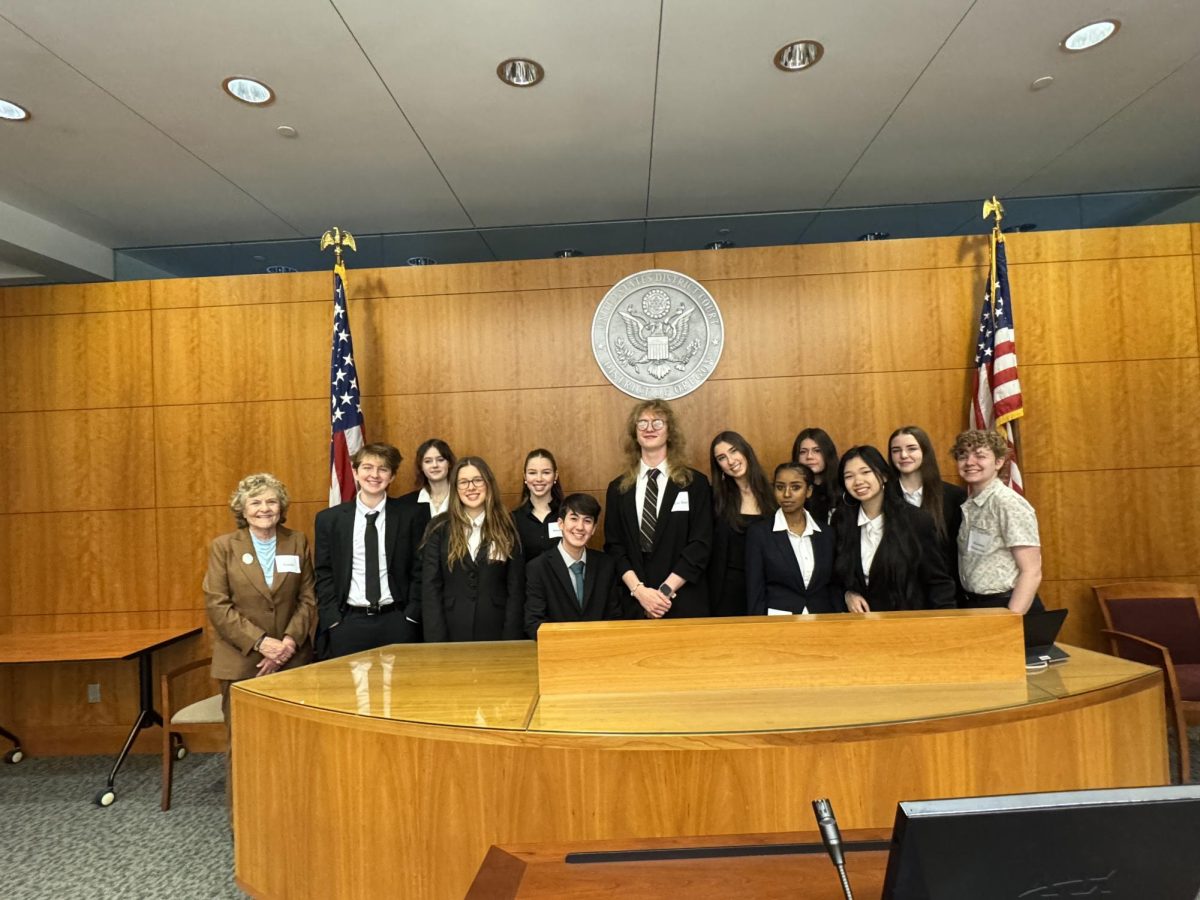Going into the 2020 election, the border will continue to be a point of contention and heavy debate. For many, the issue is seen as overblown and unnecessary. For others, the “crisis at the border” is seen as a considerable threat. Some of these individuals have taken it upon themselves to protect the southern border through roving militias. A militia is traditionally defined as a civilian military force raised to supplement the regular army in a time of emergency. According to the Southern Poverty Law Center (SPLC), modern day militias have been shifting towards increasingly anti-immigrant and anti-Muslim views.
A militia’s primary function is to protect the American people from government abuses of power. The 111% Security Force is one such militia. According to their website, they protect against “all enemies [both] foreign and domestic.” 111% considers itself to be a patriotic political activism group that fights back against the tyranny of the “domestic enemy.” The Southern Poverty Law Center has 111% listed as an anti-Muslim hate group. The recruitment video published on the group’s website heavily implies that Muslims and immigrants are the greatest threat to national security.
Despite their anti-government ideology, many militias are in support of the Trump administration. The President’s current rhetoric towards immigration mirrors the concerns of these groups. While anti-immigrant sentiments are nothing new, groups have been emboldened since the 2016 presidential election. SPLC statistics reinforce this trend, showing a 37% increase in the formation of new militias since 2014. One explanation for this rise in activity is the President’s pardoning of Oregon ranchers Dwight and Steven Hammond. They were arrested for setting fire to federal lands that bordered their ranch, which they did in protest of government overreach. The President’s pardon showed support for their actions and by association the militias that aligned themselves with their causes. Standoffs between ranchers and the government over land rights didn’t start with the Trump administration, however. The prelude to the Malheur National Wildlife Refuge standoff in Harney County, Oregon took place as early as 2015. The goal of the occupation was to force the government to hand over all of its publicly owned lands to the states. The standoff had heavy support from local militias, including 111%.
The active involvement with illegal, destructive, and often dangerous actions in the name of curbing abuses of governmental powers leaves the question of just how justified militia groups feel in situations such as the one in Malheur. The damage caused to the land occupied in Oregon’s ranch standoffs was not insignificant; protesters damaged facilities, buildings, stole from government offices, and left behind large quantities of garbage. The costs of the damages were estimated at around six million dollars, according to officials who surveyed the scene. Malheur’s status as a wildlife refuge meant that the damage of the occupation endangered the animals that call that area home. The justification for this behavior may be connected to the aggressive rhetoric that’s at the heart of militia ideology. The idea of being the last line of defense for the American people can be an intoxicating way of thinking. For disenfranchised, white, male, conservatives who feel that their place in society is threatened by immigrants, minorities, and progressive social reform, a show of force such as a militia may be how some choose to vent these frustrations.
Coming back to the present, all of this is what makes the militias patrolling the southern border all the more concerning. A militia’s ability to enact their own justice on immigrants with no oversight means there’s no guarantee for the safety of those taken into militia custody. Considering that many immigrants are seeking asylum, which is a legal process, it’s important to monitor militias and prevent them from taking action against those seeking to escape from turmoil in their home countries. Looking to 2020, it will be interesting to see how potential candidates propose militias be handled.
































